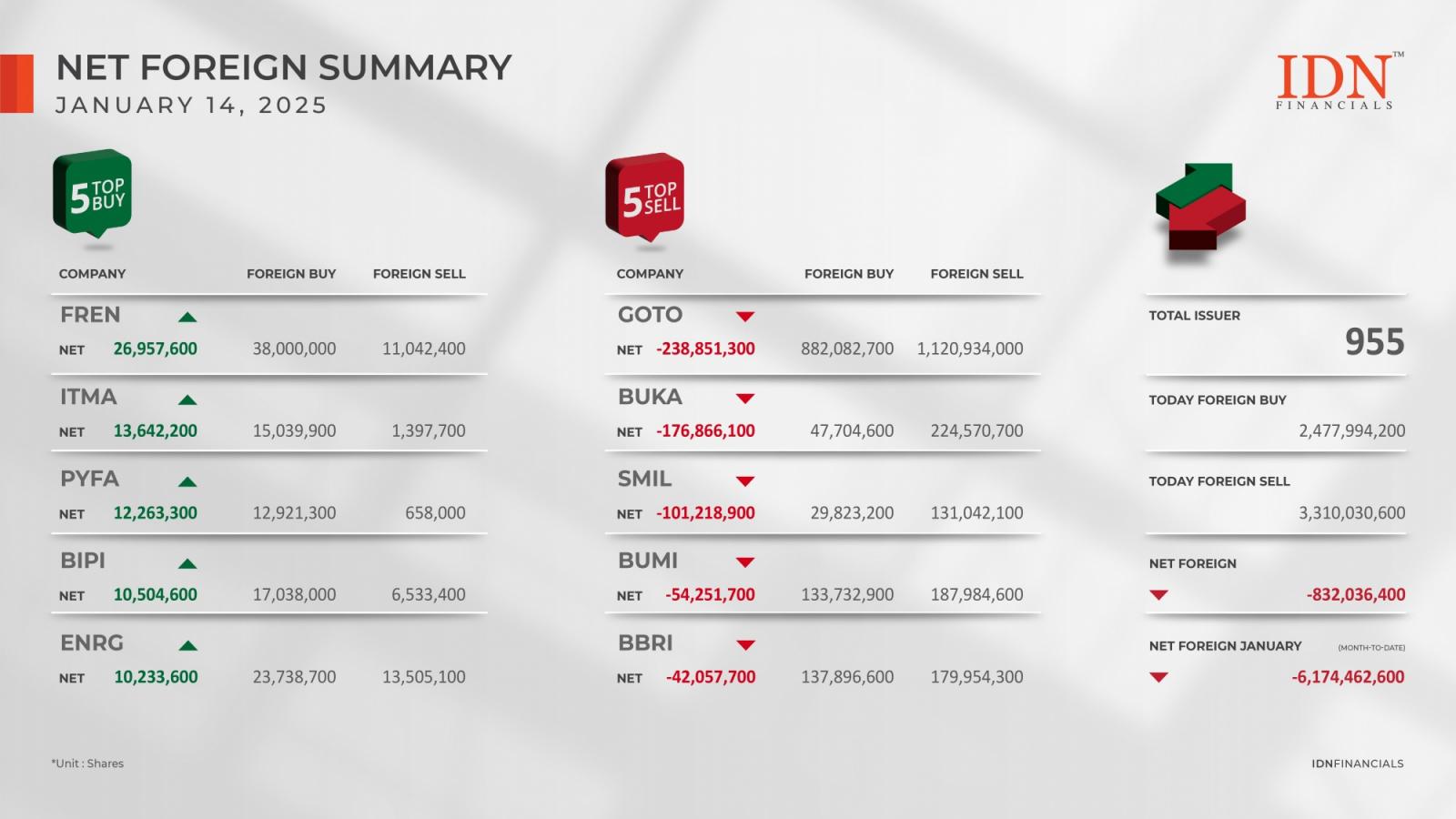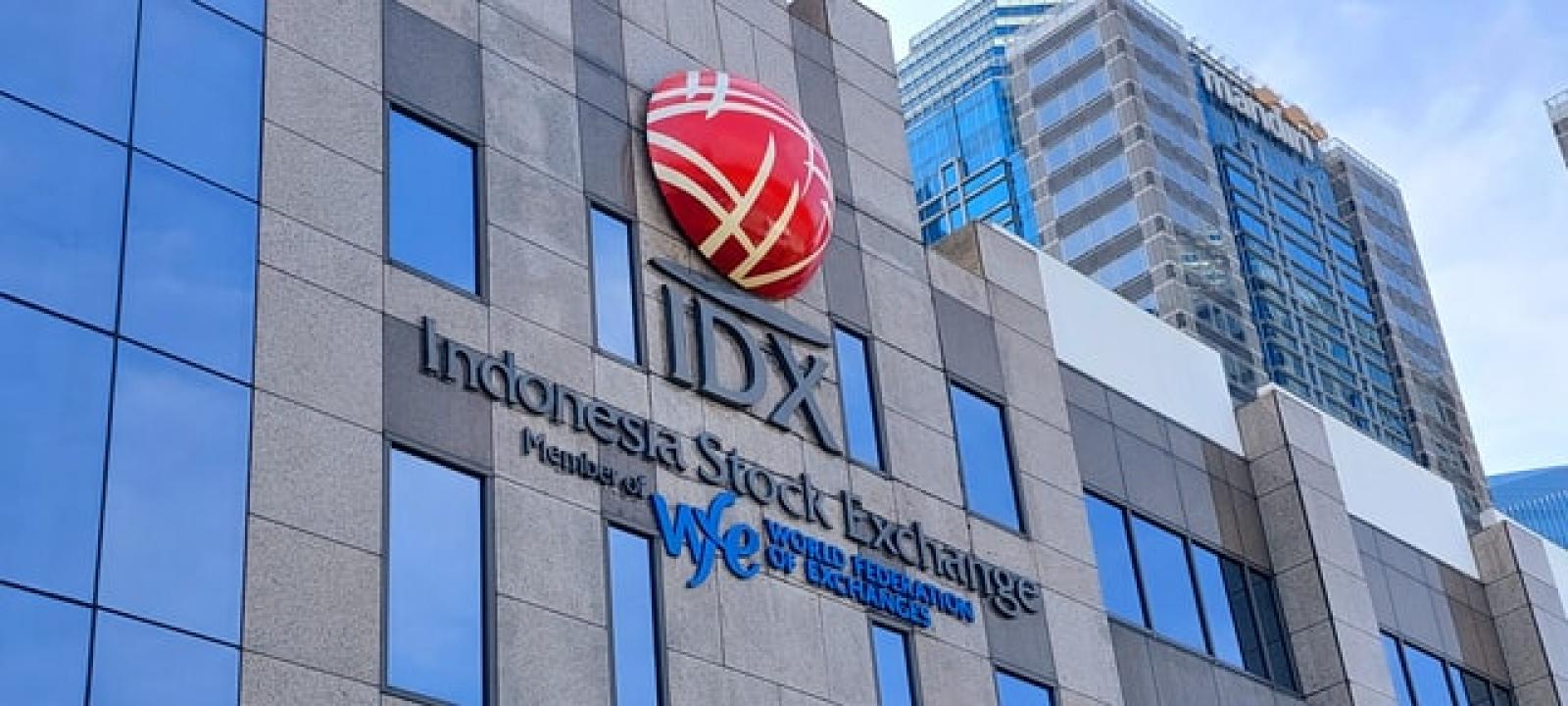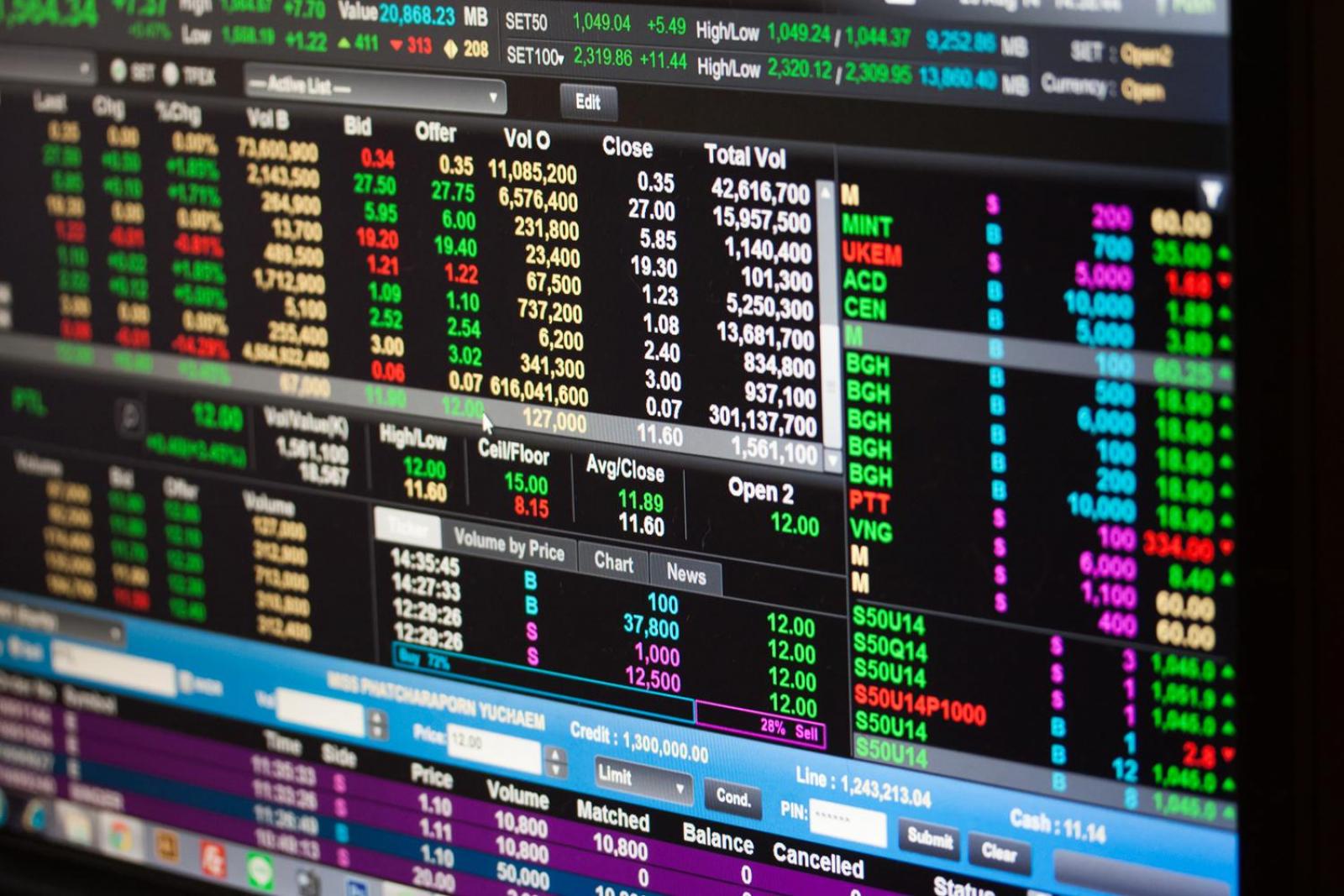
European stocks closed higher on Thursday as an interest rate cut by the Bank of England (BoE), and some encouraging earnings updates and economic data helped underpin sentiment. Investors looked ahead to the Federal Reserves monetary policy announcement, due later in the day.
The Bank of England reduced its benchmark rate for the second time this year citing continued progress in disinflation. The Monetary Policy Committee decided to lower the rate by 25 basis points to 4.75%, as widely expected.
Previously, the bank had reduced the policy rate by a quarter-point in August, which was the first reduction since March 2020.
The MPC said a gradual approach to removing policy restraint remains appropriate. Monetary policy will need to continue to remain restrictive for sufficiently long until the risks to inflation returning sustainably to the 2% target in the medium term have dissipated further, the bank said in a statement.
The committee continues to monitor closely the risks of inflation persistence and will decide the appropriate degree of monetary policy restrictiveness at each meeting, the BoE said.
The pan European Stoxx 600 climbed 0.62%. Germanys DAX and Frances CAC 40 gained 1.7% and 0.76%, respectively. The U.K.s FTSE 100 ended down 0.32%, while Switzerlands SMI gained 0.59%.
Among other markets in Europe, Austria, Belgium, Finland, Ireland, Netherlands, Norway, Poland, Portugal, Russia, Spain, Sweden and Turkiye closed higher.
Denmark and Iceland ended weak, while Greece settled flat.
In the UK market, IMI rallied nearly 5.5%. Antofagasta climbed 4.75%, while Anglo American, Glencore, Rio Tinto, Weir Group and Spirax Group gained 3 to 4%.
BAE Systems, Scottish Mortgage, Sage Group, ICG, B&M European Value Retail, Melrose Industries, Fresnillo, Hikma Pharmaceuticals, Diageo, Frasers Group, Vistry Group and Prudential gained 1 to 3%.
Auto Trader Group closed down 7.16%. Sainsbury (J) ended lower by 3.1% as the British supermarket group kept its forecast for full-year profit growth of up to 10%.
BT Group shares declined sharply after the company cut revenue expectations due to a weak outlook for its business department. Rolls-Royce Holding closed down 3% after the engine maker said supply chain issues are continuing to hamper production.
Hiscox, Airtel Africa, Endeavour Mining, Tesco, Reckitt Benckiser and Natwest Group lost 2 to 3%. AstraZeneca, Barclays, Croda International, Entain, Beazley, Compass Group, IAG, Bunzl and BP also declined sharply.
In the German market, Rheinmetall soared nearly 10%. HeidelbergCement rallied about 6.5% and Puma climbed 5.5%.
Porsche, BASF, Adidas, RWE, Continental, SAP, Qiagen and Mercedes-Benz gained 3 to 5%.
Daimler Truck Holding, Siemens Healthineers, BMW, Deutsche Post, Volkswagen, Brenntag, Sartorius, Siemens, Bayer, Zalando, Infineon, Beiersdorf, Merck and Siemens Energy closed higher by 1 to 3%.
Fresenius ended down 2.2%. E.ON closed lower by about 1.5%. Deutsche Bank, Deutsche Boerse, Covestro and Deutsche Telekom also ended weak.
In the French market, ArcelorMittal surged about 6.6% after the companys third-quarter core earnings fell less than expected. Kering gained nearly 4.5%.
Thales, Dassault Systemes, Hermes International, LVMH, Accor, Pernod Ricard, Saint Gobain, LOreal, Airbus Group, Capgemini, Publicis Groupe, Safran, STMicroElectronics, Stellantis and Carrefour advanced 1.3 to 3.5%.
Legrand ended more than 6% down. Credit Agricole closed down 4.2% and BNP Paribas ended down by about 3%. Veolia, Orange and Societe Generale also ended notably lower.
Air France-KLM dropped more than 10% after the airline reported a bigger-than-expected decline in its quarterly operating result and warned of higher annual costs.
In economic news, UK house prices increased for the fourth straight month to hit a record high in October but prices are expected to climb at a moderate pace as slower interest rate cuts by the Bank of England and government policies might damp demand, mortgage lender Halifax said.
House prices grew 0.2% from September, as expected. This follows a 0.3% gain each in August and September.
Germanys industrial production declined more than expected in September, data from Destatis revealed. Industrial production posted a monthly fall of 2.5%, partially offsetting the 2.6%increase in August. The decline was seen at 1.1%.
Germanys exports declined for the first time in three months in September, while imports recovered from last month, data from Destatis showed. Exports slid 1.7% month-on-month in September, in contrast to the 1.2% increase in August. Shipments were forecast to grow 1.4%.
Germanys construction sector downturn deepened in October with faster decreases in activity and new orders, purchasing managers survey data from S&P Global showed. The HCOB construction Purchasing Managers Index fell to 40.2 in October from a 16-month high of 41.7 in September.





